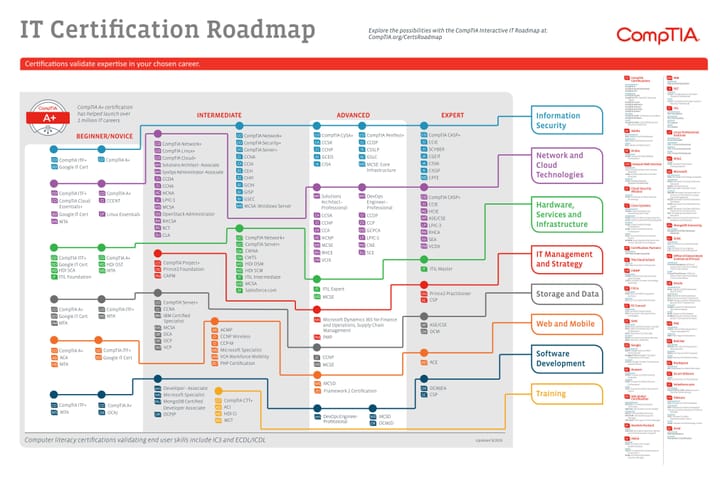Breaking Barriers: Apple's Game-Changing Move to Allow Direct App Downloads from Websites in the EU

Introduction:
In a groundbreaking announcement, tech giant Apple has unveiled a major shift in its app distribution strategy for users in the European Union. Starting today, users will be able to download apps directly from websites, bypassing the traditional App Store route. This move is poised to reshape the app ecosystem and has the potential to revolutionise how users access and install applications on their Apple devices.
The Shift in Strategy:
Historically, Apple has maintained strict control over app distribution through its App Store, requiring developers to adhere to stringent guidelines and policies. This centralised approach has drawn criticism for limiting user choice and innovation. However, the recent decision to allow direct app downloads from websites marks a significant departure from this longstanding model.
Apple's Motivation:
This transformative shift is not just a result of market pressures; it is a response to regulatory scrutiny and legal challenges faced by the company in the EU. The European Commission has been actively investigating Apple's App Store policies, examining issues related to competition and antitrust concerns. By enabling direct downloads from websites, Apple aims to address some of the concerns raised by regulators and foster a more open and competitive app ecosystem.
Empowering Developers and Users:
The move is expected to benefit both developers and users alike. Developers will now have more flexibility in distributing their apps and reaching a wider audience without solely relying on the App Store. This change opens up opportunities for smaller developers and reduces the monopoly-like control that Apple has had over app distribution.
For users, the ability to download apps directly from websites means greater freedom of choice. They can explore a wider range of applications beyond what is available on the App Store, potentially discovering innovative and niche apps that may have been overlooked or restricted in the past.
Enhanced Competition and Innovation:
With increased competition, the app development landscape is likely to witness a surge in innovation. Developers can explore new business models, pricing strategies, and distribution methods, leading to a more dynamic and diverse app ecosystem. The move aligns with the broader industry trend towards decentralisation, giving users and developers more control over their digital experiences.
Challenges and Considerations:
While this shift brings about positive changes, there are potential challenges and considerations. Security concerns, unauthorised app distribution, and potential abuse by malicious actors are issues that Apple will need to address with robust measures to ensure a safe environment for users.
Conclusion:
Apple's decision to allow direct app downloads from websites in the EU marks a significant step towards a more open and competitive app ecosystem. This move not only addresses regulatory concerns but also empowers developers and users, fostering innovation and diversity in the world of applications. As the tech giant continues to navigate the evolving landscape, the impact of this decision will undoubtedly resonate across the industry, shaping the future of app distribution on Apple devices.



Comments ()